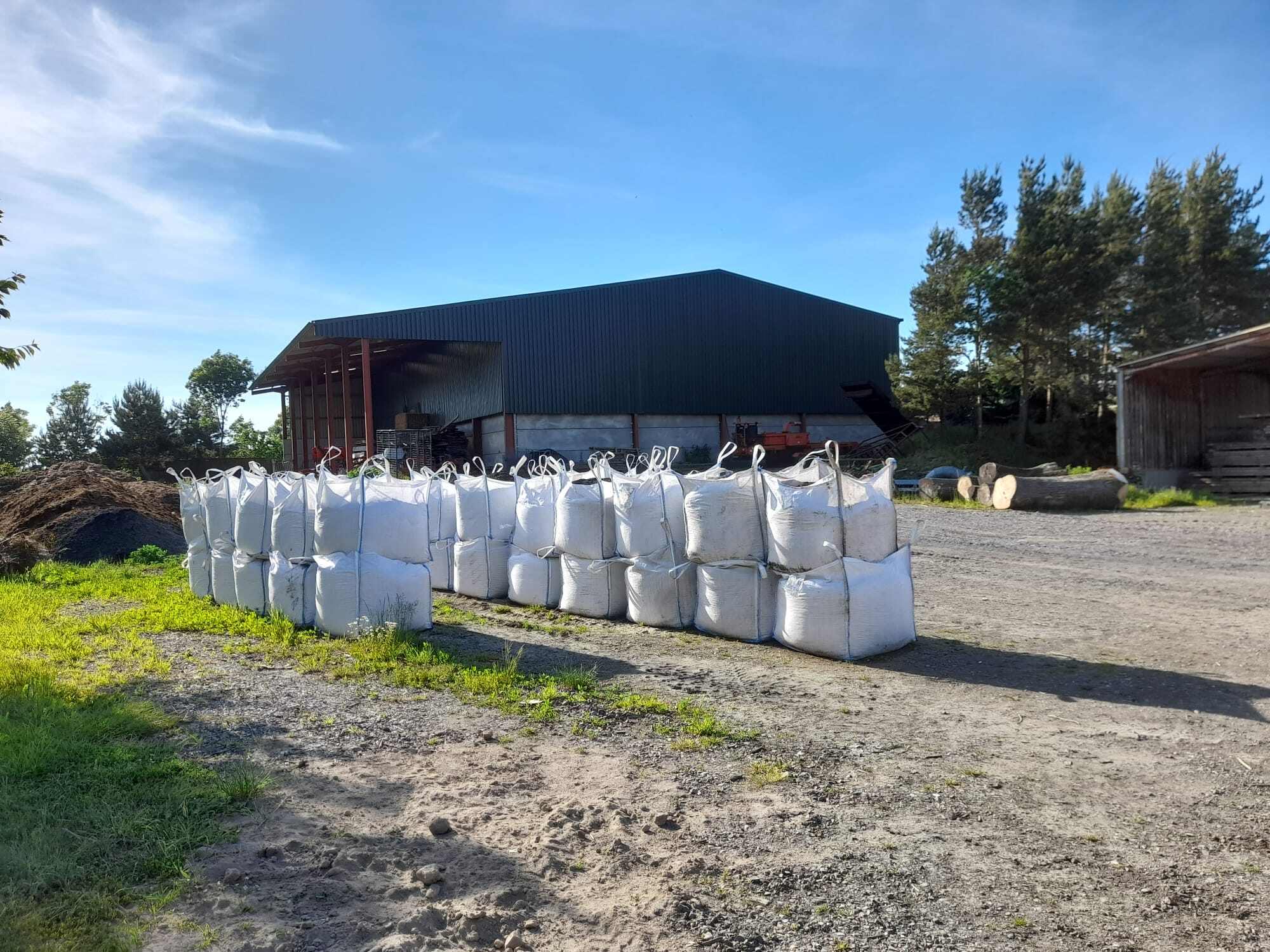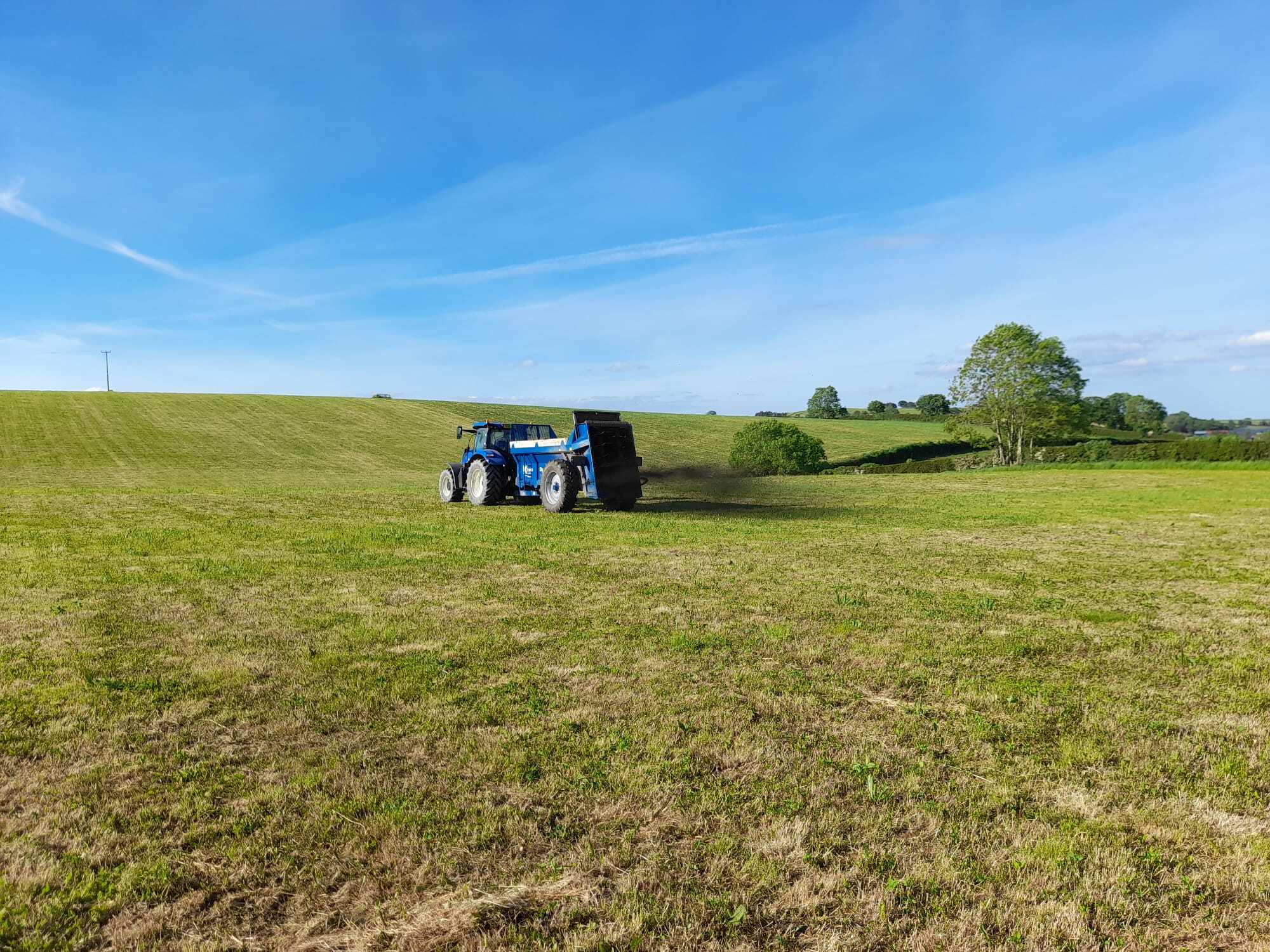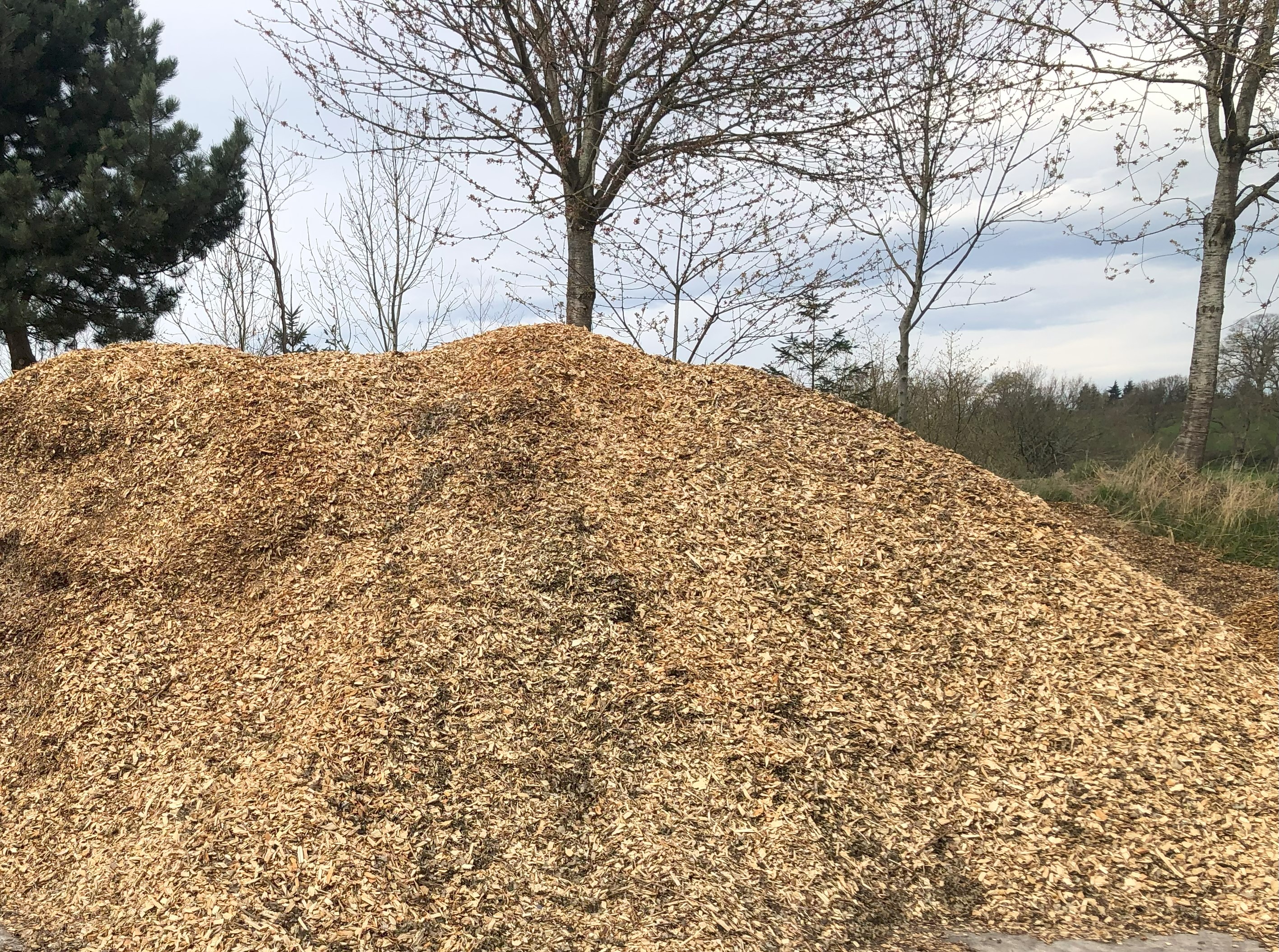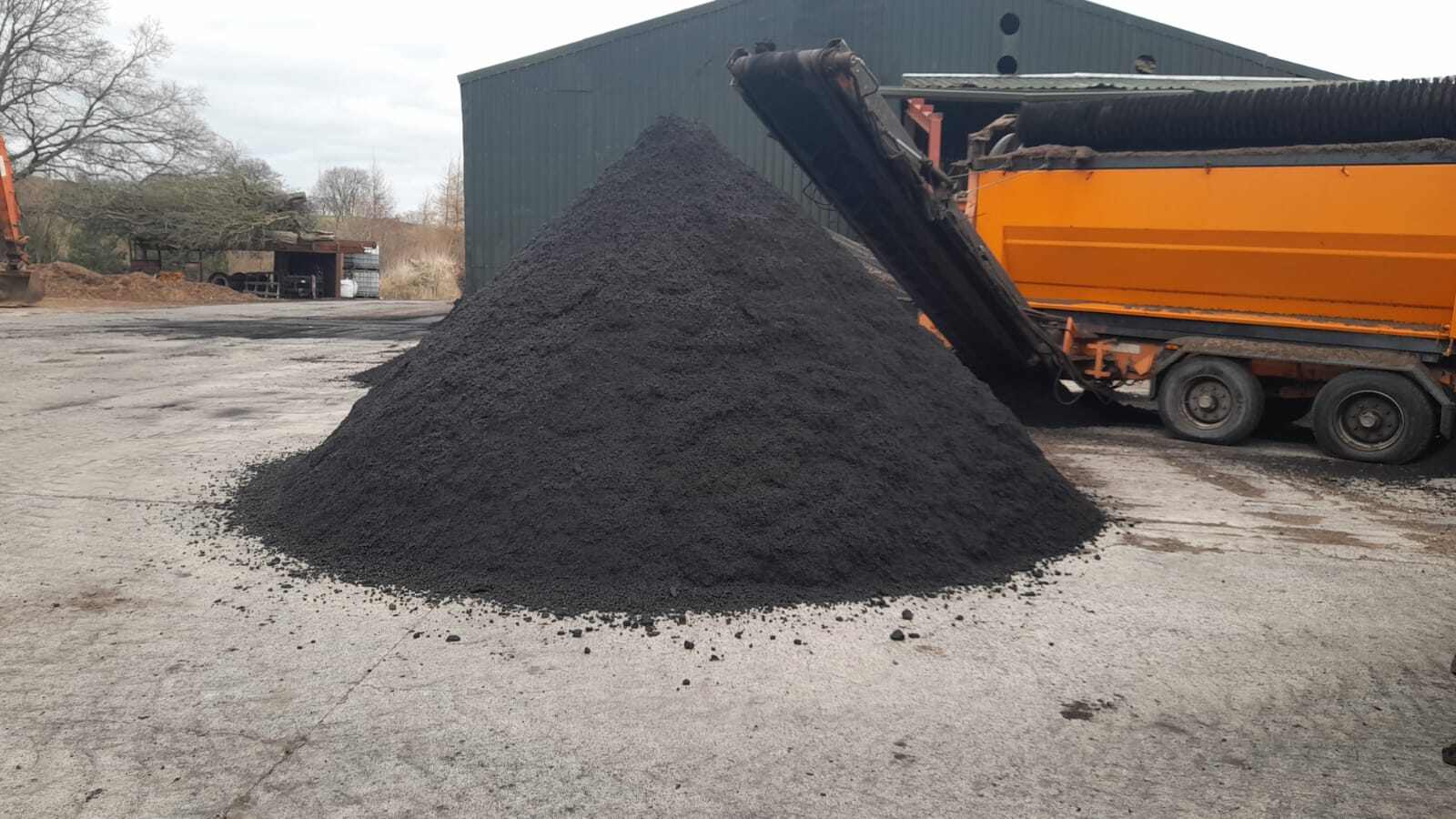
Carbon Hill
- Standard:Puro.earth
- Methodology: Biochar
- Credit Type: CORC100+
- Facility ID: 712033
- Location: UK
- Year of first issuance: 2022
- Status: Audited
- Audited by: bio.inspecta
- Spot Inventory: Yes
- Forward Inventory: Yes
Description
Family-run and based in mid-Wales, Carbon Hill produces biochar from locally sourced, underutilized biomass such as hedgerow trimmings and green waste, using proprietary low-emission pyrolysis systems developed in-house and deployed by other producers in the UK and Sweden. The company is scaling production and actively supporting biochar adoption in the UK through applications in composting, agriculture, and academic soil trials.
Feedstock
Carbon Hill uses two underutilised waste biomass streams:
-
Hedgerow cuttings (whole tree) from surrounding farmland
-
Green Waste Over Size (GWOS) from local parks and gardens
Only the former was used during the reporting period. Feedstock is sourced within 18 km on average, chipped offsite, and dried on site. These materials are typically burned or left to decompose, leading to CO₂ emissions.
Application
On-Farm Use
Biochar is applied to agricultural land, including Carbon Hill’s own farm and nearby partner sites, improving soil quality and supporting regenerative practices.
Compost Blending
Part of the biochar output is incorporated into compost mixes, enhancing nutrient retention and microbial activity in organic soil products.
Research Trials
Biochar is also used in collaboration with academic partners for research trials, contributing to data generation and validating agronomic benefits.
Co-benefits
- Economic development: Carbon Hill supports local economic development by creating jobs and generating revenue in a region with persistently low GDP per capita.
- Circular Economy: The project contributes to local circular economy objectives by diverting underused biomass like hedgerow trimmings and municipal green waste from decomposition or burning.
- Innovation: Carbon Hill has designed and deployed a proprietary pyrolysis system, supporting decentralized carbon removal and positionning the UK as a player in biochar innovation.
- Soil health: The biochar improves the soil structure, water retention, and nutrient availability. It reduces the need for chemical fertilizers. Microbial activity also increases, boosting soil vitality.
- R&D: Carbon Hill is active in field trials and collaborations with academic institutions. Their work supports evidence-based scaling of biochar and the credibility of the UK carbon removal market.
Additionality
- Environmental additionality: The baseline for the feedstock is decomposition, combustion, or composting. Before biochar production, municipal green waste and hedgerow cuttings were typically left to rot, burned, or composted—processes that lead to the release of CO₂.
- Financial additionality: Carbon credits are crucial to expanding Carbon Hill's business. The revenues generated through the sale of carbon credits will be used to fund the development and production cost of pyrolysis units, to create demand for and spread knowledge of biochar and to pursue a price strategy for the biochar that permits profitable growth.
- Regulatory additionality: The project is not required by existing laws, regulations, or other binding obligations, demonstrating its additionality in contributing to sustainability and climate goals.


